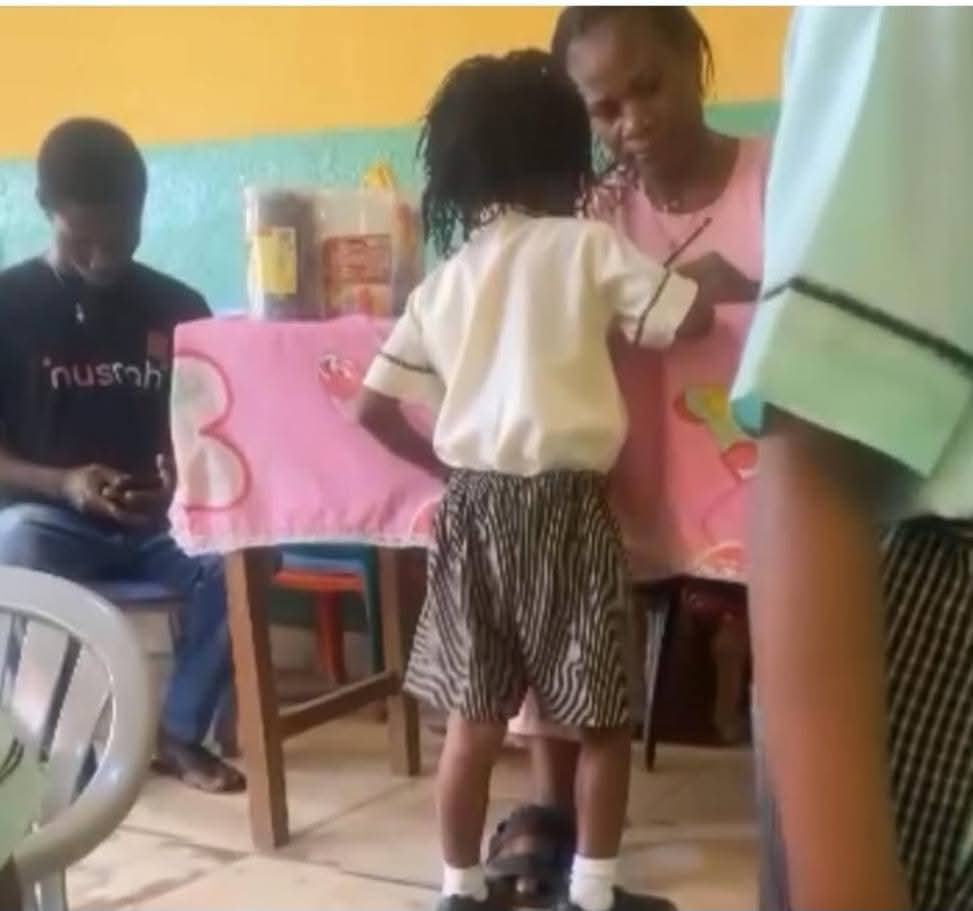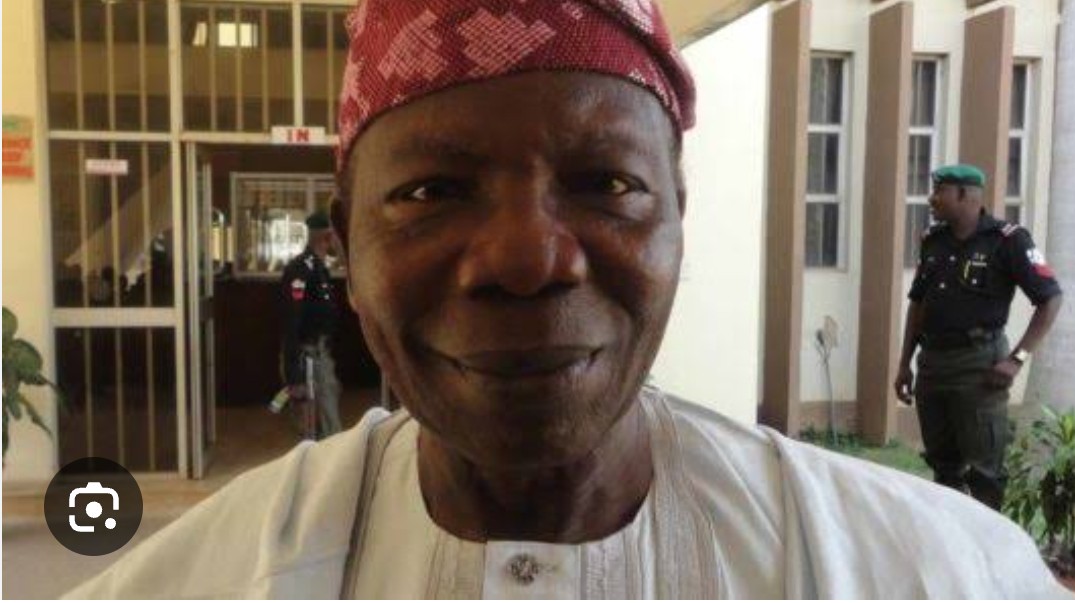The incident of a teacher assaulting a pupil in Ikorodu has sparked outrage and ignited critical conversations about favoritism in schools.
Reports suggest that the assault might have stemmed from the teacher’s resentment towards the pupil, whose parents do not provide regular monetary “gifts” as others do. If true, this is not just an isolated act of violence but a reflection of a deeper, systemic problem—favoritism in education.
Favoritism in schools, whether subtle or overt, is a silent killer of equity and trust. When teachers show preferential treatment to some students, often influenced by external factors such as financial favors, it creates a toxic environment that alienates others.
The consequences are severe: students who feel sidelined may lose self-confidence, develop a dislike for school, and suffer academically and emotionally.
In the Ikorodu case, the alleged assault is a stark reminder of how unchecked favoritism can escalate into outright abuse.
Schools, meant to be safe havens for learning and growth, risk becoming places of fear and inequality when favoritism goes unaddressed.
To address this issue, schools must take proactive steps to ensure equity in their institutions. They need to enforce ethical guidelines for teachers, establishing clear codes of conduct that prohibit favoritism and outline strict penalties for violations.
Transparent parent-teacher relationships are essential, and schools should discourage the culture of giving gifts or monetary incentives to teachers.
Instead, they should foster healthy, transparent communication between parents and educators.
Regular training on professionalism is crucial, as it helps teachers recognize and address any unconscious biases they might have.
Students and parents must also have safe and anonymous channels to report favoritism or misconduct, ensuring that schools take such complaints seriously and act swiftly.
Cultivating a culture of inclusion is equally vital; schools must create environments where every student feels valued and supported, with initiatives that celebrate diversity and promote teamwork.
The Ikorodu incident is a wake-up call for all stakeholders in education.
Teachers, as role models and leaders, must prioritize fairness and compassion over personal gain. Favoritism erodes the core values of education—fairness, inclusivity, and respect—and threatens the moral fabric of both schools and society.
It is the duty of schools, teachers, parents, and the government to work collectively to root out this menace and create learning environments where every child, regardless of background, has an equal opportunity to thrive. Only then can we truly claim to be building a just and equitable society.












